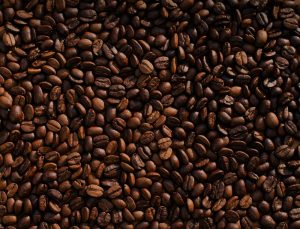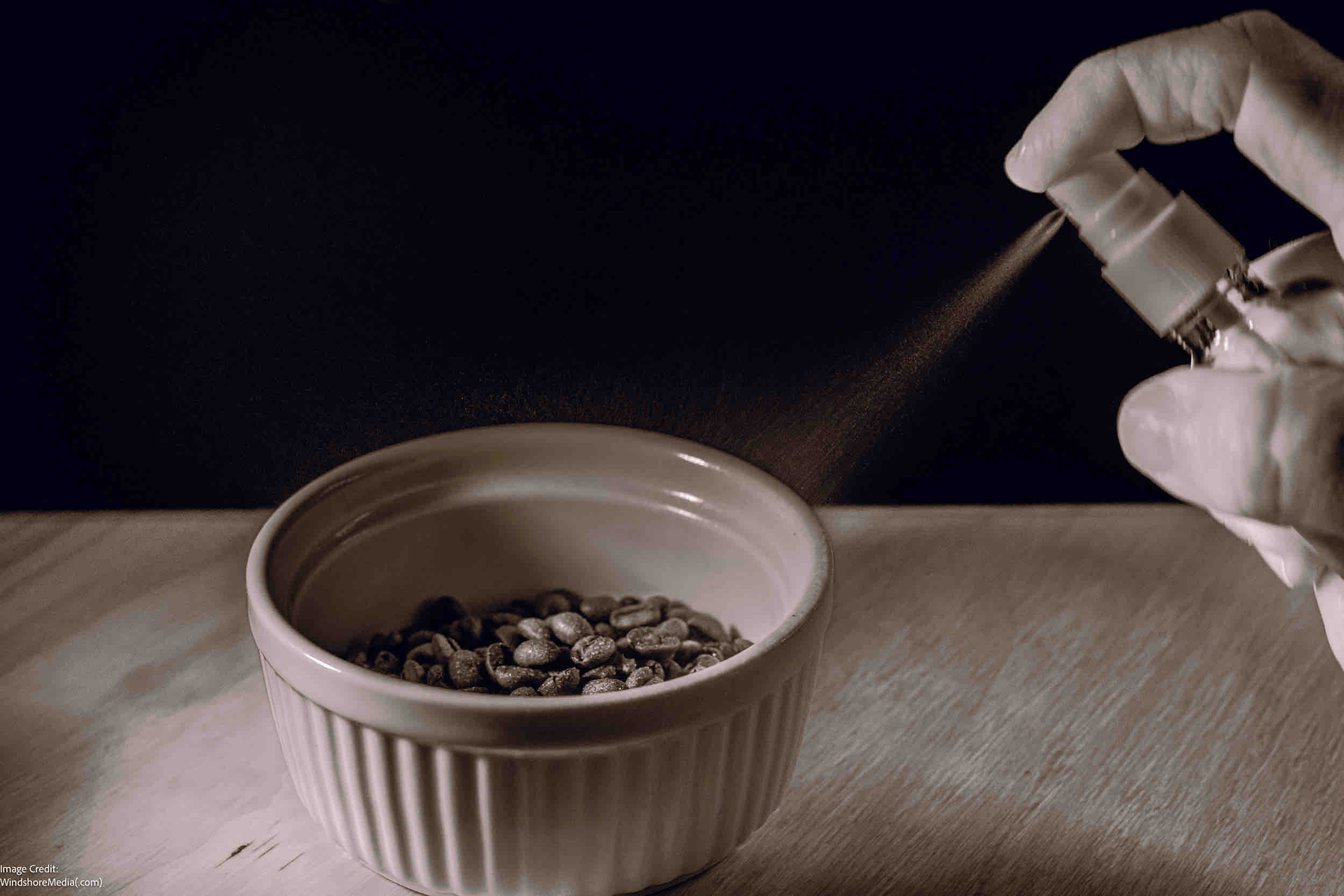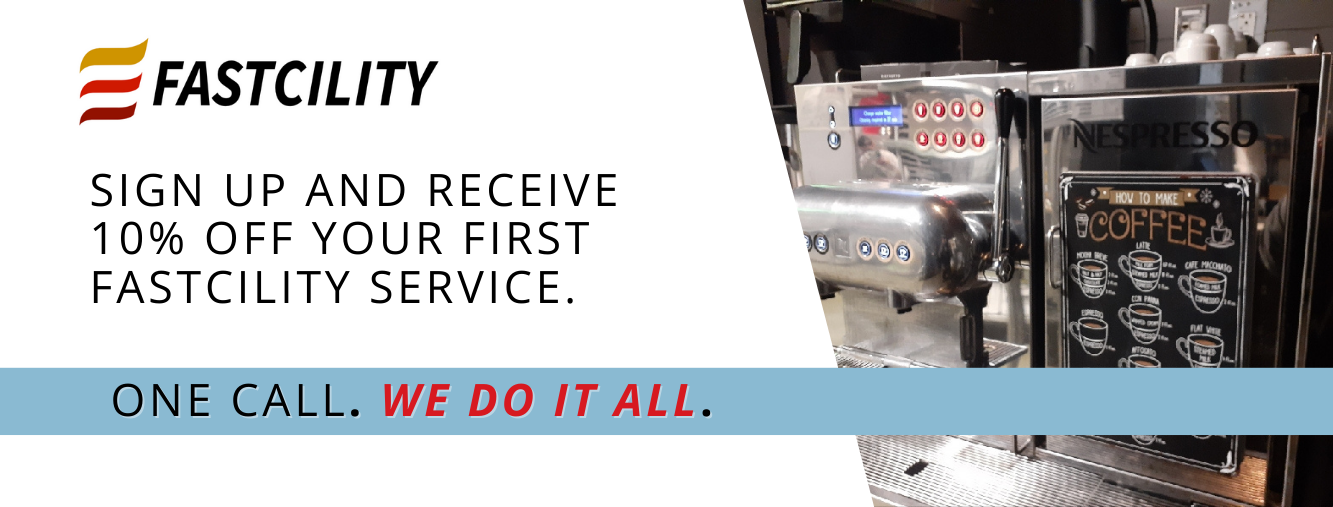Coffee Science Finally Tells Us Something Useful!
You may have seen one or more articles recently about a recent study from the University of Oregon. The study seems to conclude that adding a bit of water before grinding not only keeps your grinder clean and tidy but actually makes the coffee taste better.
This study is titled: Moisture-controlled triboelectrification during coffee grinding.
(… just rolls off the tongue.) Triboelectrification is when particles become charged by sliding against each other, like when you slide your shoes against carpet and you get zapped when you touch metal.
What’s Old is New?
The idea of adding a touch of water to coffee beans is not new. If you grind coffee regularly, you are very aware of how much static electricity created by grinding can make a mess of things.
By adding a touch of water first, the static electricity is virtually nonexistent. This is known as the “Ross droplet” technique.. The technique has been around for a good while and has been used by commercial coffee manufacturers when preparing pre-ground coffee for grocery stores. Water is also used to control static electricity in other mediums, like wood pulping. 1.
Controlling the static electricity of the beans is also dependent upon the grinding method and internal moisture of the particular beans – which is effected greatly by the roast method and origin of the beans. Very darkly roasted beans tend to be drier so the effect is more pronounced, meaning you espresso drinkers are probably already spraying your beans before grinding.
What’s New?
The study goes into infinite detail about the electrical charges and characteristics of a variety of beans and roasts. What is “new” is the idea that water doesn’t just help with cleanup, but it can improve the flavor significantly.
The buildup of static electricity in ground coffee can lead to micro-clumping. These clumps prevent the brewing water from reaching all the grounds equally. The clumps lead to a less than ideal extraction, meaning some of the flavor is left behind due to under-utilization.
We’ll include one edited paragraph from this very lengthy paper which illuminates this point:
The impact of the water addition during grinding was demonstrated by brewing some espresso. …From the data presented …, several physical differences are noted. First, the shot time is nearly 50% longer for coffee produced using the addition of water. We understand this to be due to increased bed density; because the fines and boulders are not electrostatically attracted to one another, the average particle size is smaller. Second, despite this, the first drops of coffee make their way to the cup at approximately the same time (10 s). At the end of the shot, the espresso prepared without water added to the whole beans produces a cup concentration of 8.2% total dissolved solids (TDSs), while the addition of water yields a cup with 8.9% TDSs. Perhaps the increase in concentration could simply be attributed to elongated contact time, but as we highlighted in an earlier paper, shots with the same degree of extraction but different time parameters should have markedly different flavors.
Conclusion
The quick version is that water added before grinding, leads to a more efficient extraction, coaxing more flavor from the same volume of beans.
It’s important to note that if you use a French press or similar brew process that relies on large grinds, the effects will be negligible. However, for fine grind pour-over and especially espresso grinds, the effects should be meaningful. As noted in the quote from the study, the extraction process – particularly with espresso will be longer. The longer extraction time, in addition to the lack of clumping, could be the reason the total dissolved solids are higher, and flavor is more intense.
If you’d like a more entertaining way of learning more details of the study than by reading the lengthy original study, coffee expert James Hoffman has a video dedicated to the study.
1. CNN
Remember that Fastcility is the authority on commercial coffee and espresso machine maintenance, repair and service. If you need espresso or coffee machine repair in Los Angeles or Orange County, call Fastcility today! 833-203-2285



Recent Comments